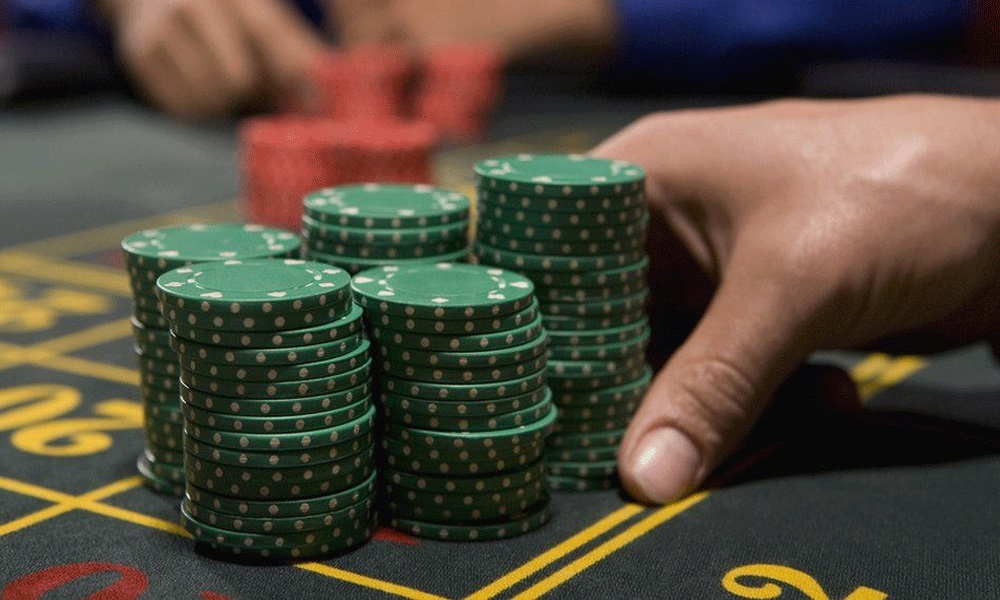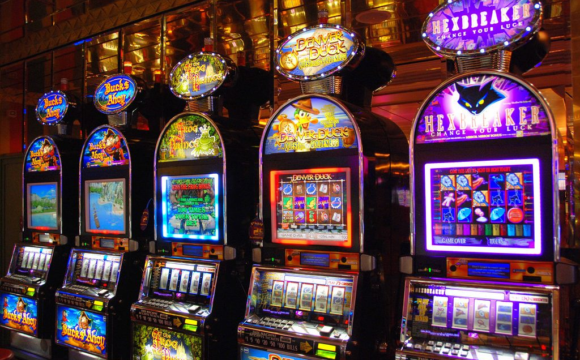Time-limited bonus games have emerged as one of the most engaging and occasionally controversial features in modern online slots. These countdown-driven features fundamentally alter the traditional slot experience by introducing urgency and pressure into what has historically been a leisurely, pace-at-will activity. Understanding why developers implement these timed challenges reveals much about the evolution of slot game design and the psychological principles that drive player engagement.
Simulating Video Game Mechanics
Automating timed challenges represents a broader trend toward incorporating successful video game mechanics into gambling products. Time-limited challenges have been staples of video game design for decades, proven to create engagement across numerous genres:
- Racing games with checkpoint timers
- Fighting games with timed rounds
- Platformers with countdown-driven levels
- Arcade games with time extensions as rewards
By borrowing these familiar mechanics, slot developers create crossover appeal for players accustomed to more interactive entertainment formats. This design approach helps slots compete more effectively for entertainment time in an increasingly competitive digital landscape.
Creating Skill Perception Without True Skill
Time-limited bonuses create an interesting psychological phenomenon: the perception of skill involvement in what remains fundamentally a random outcome-based game. While players often believe their performance during timed segments significantly impacts results, most implementations maintain strict return-to-player mathematics regardless of player actions.
- It creates a sense of agency in an otherwise passive experience
- It justifies continued play (“I’ll do better next time”)
- It allows attribution of wins to personal performance rather than luck
- It increases session satisfaction through active participation.
This perceived skill element serves player engagement without violating the regulatory requirements for random outcomes that govern most gambling jurisdictions.
Pace Variation and Session Management
Game designers understand that maintaining player engagement requires gameplay pace and intensity variation. Time-limited bonuses provide natural breaks from the rhythmic, hypnotic quality of base game spins, creating a session structure with distinct phases of different activity levels:
- Base game spins (relaxed, consistent pace)
- Bonus trigger anticipation (building excitement)
- Time-pressured bonus activity (peak intensity)
- Post-bonus result evaluation (satisfaction and reset)
This natural progression mirrors established entertainment pacing principles in everything from movies to concerts, creating a more satisfying overall experience than uniformly paced gameplay.
Economic and Mathematical Considerations
From the operator’s perspective, time-limited bonuses serve several economic functions beyond pure entertainment value:
- They ensure bonus rounds are complete within predictable timeframes, maintaining expected theoretical performance
- They prevent extreme outlier results from players who might otherwise spend unlimited time optimizing bonus decisions
- They create consistent session durations that help with capacity planning and player value projections
- They allow more complex bonus mechanics while constraining their potential variance impact
These operational benefits make time-limited features particularly attractive for games with complex bonus structures where unconstrained player decision time could create unpredictable mathematical outcomes. Check suksesbarengan.com and play Wayang88 to explore innovative slot mechanics that balance strategy and excitement.
Player Type Targeting
Different player personalities respond differently to time pressure, allowing developers to target specific player segments through timed bonus implementation:
- Action-seeking players who thrive under pressure
- Competitive players motivated by performance metrics
- Achievement-oriented players focused on mastery
- Excitement-driven players seeking emotional intensity
By adjusting the difficulty, rewards, and pressure level of timed features, developers can fine-tune games to appeal to their target demographic while potentially broadening appeal beyond traditional slot players.
Time-limited bonus games represent a fascinating evolution in slot design philosophy, blending traditional gambling mathematics with interactive gaming principles to create more engaging experiences. By introducing urgency, creating pace variation, and fostering skill perception, these features transform passive gambling into active entertainment experiences that appeal to broader audiences.






